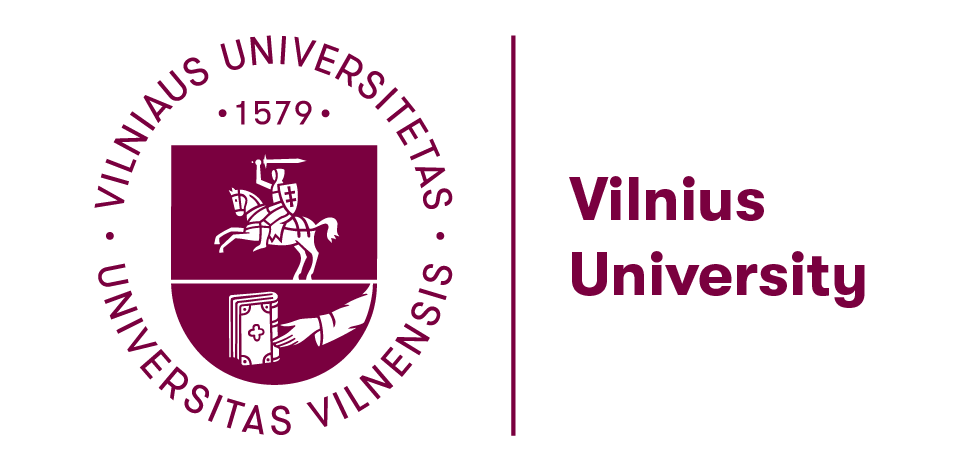S. Raižienė, L. Ringienė, A. Jakaitienė
Social Inquiry into Well-Being. Vilnius: 2021, vol. 19(2), p. 6–15
DOI: 10.13165/SD-21-19-2-01
Abstract. The Lithuanian education system, along with many others, might address the problem of educational inequality. One of its strategic educational goals is to narrow the achievement gap in terms of socioeconomic status (SES) by ensuring equal opportunities for children from families of different SES backgrounds to optimally develop their competencies during school years. However, the findings suggest that not only did the achievement gap between students not narrow, but it significantly widened between 1995 and 2015 – based on the 20-year Trends in International Mathematics and Science Study (TIMSS). Affordable and high-quality preschool education can be seen as one of the most effective policies to reduce differences in competence between children from different SES backgrounds in the early stages of their development. However, the long-lasting effect of preschool education on academic achievement in elementary school is debated, and these effects might differ depending on the elementary school environment to which children are exposed after preschool education. In this study, using Lithuanian data from the TIMSS 2015, we use 2-level random effects models to examine the links between the length of preschool education of students and their mathematics achievement in fourth grade. We ask the following research questions: 1) Is preschool education associated with students’ mathematics achievement in fourth grade in the TIMSS 2015, after controlling for the SES of students’ families? 2) What are the compositional and interactional effects, with respect to preschool education, on student achievement? The TIMSS 2015 results indicate a significant positive effect of preschool education on mathematics achievement at the student level. However, the composition of the school based on preschool education strengthens the relationship within the school between the student’s SES and achievement. It seems that in Lithuania the problem of educational inequality remains and should be further addressed.
R. Želvys, D. Stumbrienė, R. Dukynaitė, A. Jakaitienė
Acta paedagogica Vilnensia. Vilnius: 2021, vol. 47, p. 69-79
DOI: 10.15388/ActPaed.2021.47.5
Abstract. This paper discusses the problem of educational quality. The definition of quality is very broad; therefore, it is more convenient to use the term “educational effectiveness”. Effectiveness can be measured by choosing quantitative indicators that should reflect the level of student achievement as well as equity. It is also important to measure educational efficiency – the output in relation to the input. The current review presents key findings of research conducted in the domain of educational effectiveness and efficiency. The main conclusion of the research paper is that the currently existing mythology of educational quality should be replaced by evidence-based education policy.
A. Jakaitienė, R. Želvys, J. Vaitekaitis, S. Raižienė, R. Dukynaitė,
Informatics in Education. Vilnius: 2021, vol. 20(3), p. 439–462
DOI: 10.15388/infedu.2021.18
Abstract. We focus on two types of centralised national examinations (the 10th grade tests and Matura examination) that are being carried out in Lithuania for two decades. The aim of the paper is to analyse assessments of mathematics for the entire Lithuanian secondary school population that have no sampling errors while considering the factors of location, school ownership and gender as important indicators when judging about educational effectiveness in terms of quality and equity. We analyse the results of the 10th grade tests for the 2011–2015 period and the results of the same cohorts participating in the Matura examination. We observe that the distribution of the assessments of both exams is asymmetric with a positive skew. The median often is below the middle of the grade scale indicating poor performance or mismatch between knowledge and examination tasks. There are limited differences in assessments with respect to gender and school location, although we detect a tendency to have better mathematics achievement in private schools. The conclusions drawn from national assessment data is somewhat different from international data thus one cannot neglect national information for the development of educational policy. The variables analysed in the analysis has limited predictive power for achievements in mathematics and further analysis is called-for.
R. Želvys, S. Raižienė, J. Vaitekaitis, R. Dukynaitė, A. Jakaitienė
Pedagogika. Vilnius: 2021, vol. 141(1), p. 125–145
DOI: 10.15823/p.2021.141.7
Abstract. The aim is to analyse assessments of Lithuanian language and literature for the entire secondary school student population focusing on gender comparison, and development of models for the prediction of achievements. We use the results of the 10th grade test for the period 2011–2015 and the same cohorts in the Matura exam. Gender differences are observed in analysed national centralized assessments. The distribution of the 10th grade test achievements resembles the bell-shaped curve, whereas the Matura – do not.
R. Želvys, R. Dukynaitė, J. Vaitekaitis, A. Jakaitienė
Acta Paedagogica Vilnensia. Vilnius: 2020, vol. 44, p. 18-33
DOI: 10.15388/ActPaed.44.2
Santrauka. Straipsnyje nagrinėjama švietimo tikslų daugialypiškumo ir jų redukavimo į išmatuojamus rodiklius problema. Aptariami klausimai, ar vis labiau įsivyraujanti orientacija vien tik į mokinių mokymosi pasiekimus, dažniausiai apsiribojant PISA tyrimo duomenimis, yra kintamo globalaus požiūrio į švietimo daugialypiškumą išraiška; kokia švietimo paskirties samprata vyrauja šiandieniame pasaulyje; ar galima kalbėti apie universalius globalaus švietimo tikslus; kokią ateities švietimo viziją projektuoja didžiausią įtaką švietimo politikai darančios tarptautinės organizacijos; kaip švietimo tikslų redukavimas į rezultatų rodiklius atsispindi Lietuvos švietimo politikoje.
Abstract. This article deals with the problem of the multiplicity of educational goals and their reduction into measurable indicators. The paper debates whether an increasingly predominant student performance-centered approach, which is mainly limited to PISA findings, is a manifestation of a changing global educational paradigm; what concept of educational purposes prevails in today’s world; whether the global universal goals of education can be considered; what vision for the future of education is being projected by international organizations, which strongly influence education policy; how the reduction of educational goals into performance indicators is reflected in Lithuanian education policy.
Full Text [LT]




